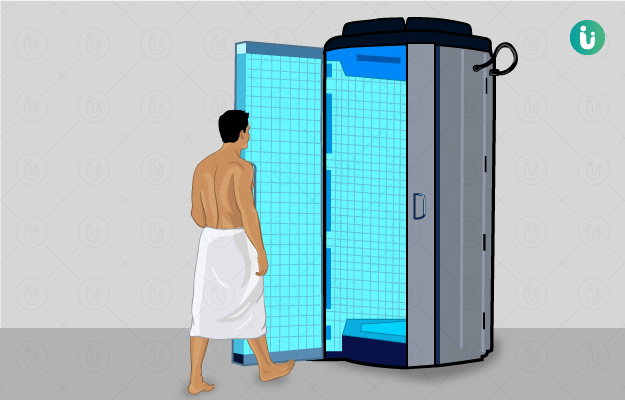Anger is an active emotion that can range from mild irritation to intense fury or murderous rage. The very nature of the feeling is provocative and it beseeches the person feeling it to respond to the stimulus in an impulsive, and often volatile, manner.
When anger is uncontrolled and affects an individual's personal or social life as well as physical, mental and emotional well-being, anger management therapy should be sought. While in some cases the underlying cause needs specific medical treatment, anger management therapy can help overcome the urge to suppress anger, work through one's issues, express anger in a healthy way and build a more balanced relationship with one's emotions.
(Read more: How to control anger)




























